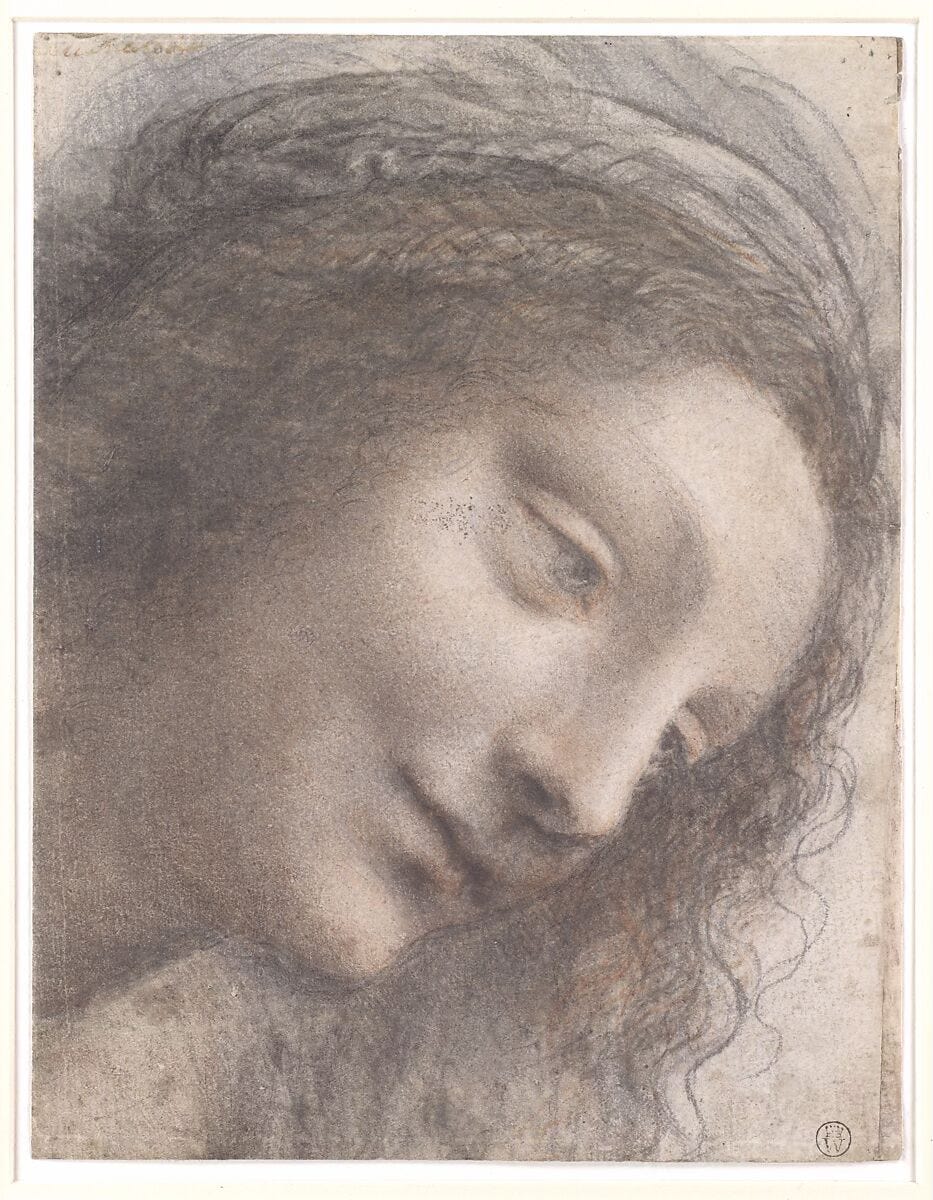In praise of artsy-craftsy
OCTAVO Discussion 6
When Leonardo shifts into detective mode, he astonishes everyone at the print shop with his ability to make connections that ordinary humans cannot. To them, his observations seem like sleight of hand, a kind of trick. “How can you know all this?” asked Aldo, dumbfounded.
I think we can look to Arthur C. Clarke for the answer, if slightly paraphrased: Sufficiently advanced thinking is indistinguishable from magic.
Leonardo’s quick eyes and curious mind placed him miles ahead of his contemporaries. He had brought his thinking to the level of high craft, and the results were nothing less than astonishing. In Octavo, Leonardo is a better Sherlock Holmes than Sherlock Holmes.
The term artsy-craftsy is often applied to people who prefer creative pursuits to the “real work” of making money or fulfilling social obligations. Those who use that term to disparage creators see themselves as the hardworking ants to the lazy grasshoppers—those irresponsible people who waste the whole summer fiddling away. It’s an assertion of virtue, even superiority. It rarely occurs to them that making art may be more work than making money, especially if you’re trying to make money with your art, as Leonardo did.
Leonardo’s superpower was his insatiable curiosity, which he was able to develop through his eyes and hands—by seeing, drawing, painting, sculpting, making, and, ultimately, thinking. All these skills require the application of craft, and craft is work. When you remove craft from the pursuit of art, what you get is bad art.
I’ve always loved music, especially pop music. I listened intently to the radio as a child. As a teenager I sang, played guitar, wrote songs, and was nearly chosen for a part in the Monkees. (Yes, the Monkees!) But I finally realized music would never be my profession. I couldn’t abide the daily hours of practice necessary to activate my musical ideas. My downfall was insufficient craft.




